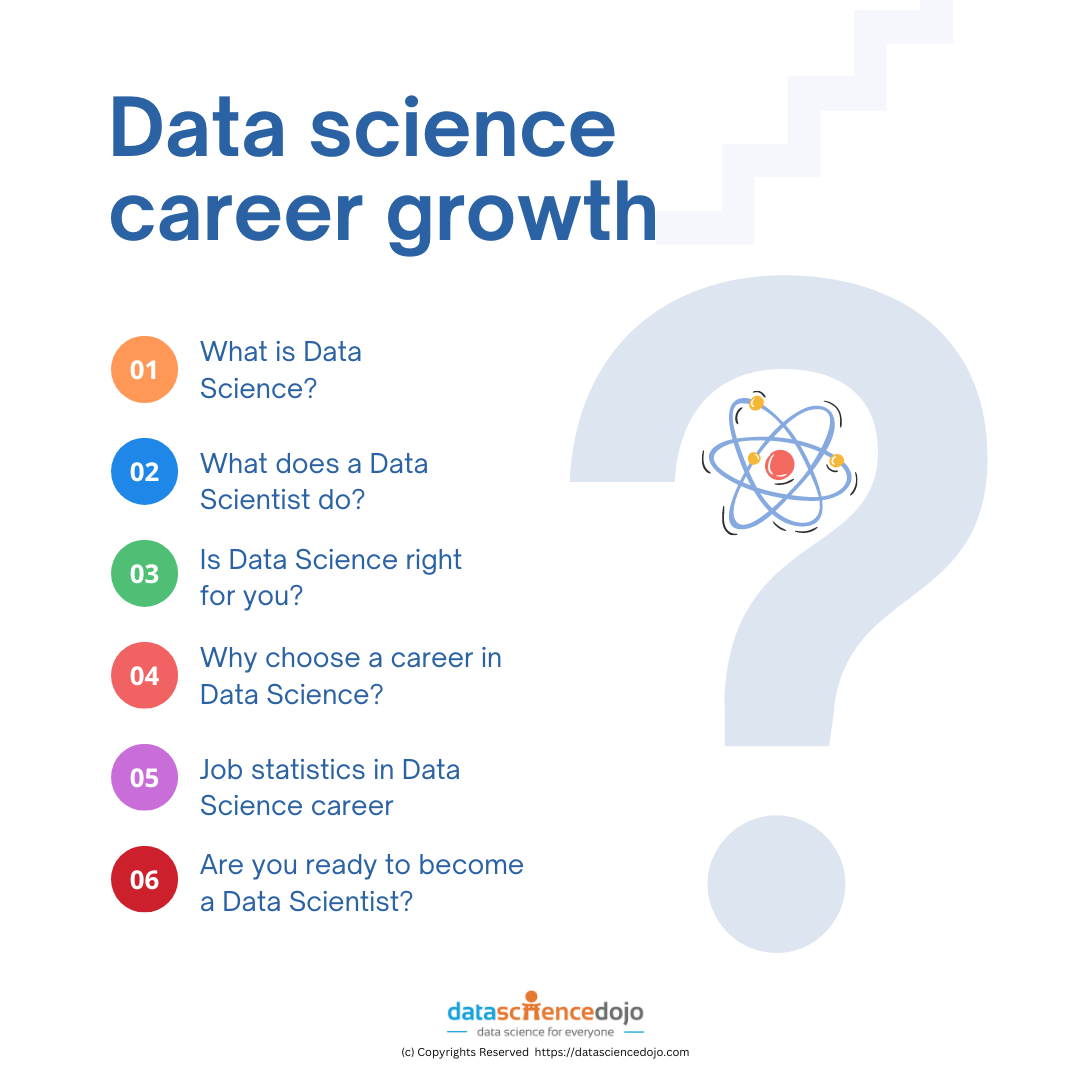Bachelor of Science Degree: Career Paths and Opportunities
Bachelor of science degree: an overview
A bachelor of science (b.s. Degree represent a versatile educational credential that equip graduate with valuable skills across numerous fields. Unlike more specialized degrees, a b.s. provide a foundation in scientific principles, analytical thinking, and practical problem solve that employers systematically value. Whether your concentration lie in biology, computer science, mathematics, psychology, or dozens of other disciplines, a b.s. degree serve as a springboard to diverse career opportunities.
The distinctive feature of a b.s. degree is its emphasis on quantitative reasoning, scientific methodology, and evidence base approaches. These core competencies translate intimately across industries and provide graduates with adaptability in an always change job market.
Common career paths for b.s. graduates
The career options available to b.s. graduates vary wide depend on the specific major and concentration. Nevertheless, certain fields systematically welcome those with scientific backgrounds and analytical skills.
Healthcare and life sciences
For graduates with biology, chemistry, or related majors, the healthcare sector offer numerous entry points:
-
Research assistant
Support scientific investigations in laboratories, universities, or pharmaceutical companies -
Clinical laboratory technician
Analyze biological samples and run diagnostic tests -
Healthcare administrator
Manage operations in medical facilities -
Pharmaceutical sales representative
Represent medical products to healthcare providers -
Medical writer
Create content for healthcare publications and documentation
A b.s. degree to provide the foundation for advanced healthcare careers with additional education, such as physician, dentist, pharmacist, or physician assistant.
Technology and computing
Computer science, information technology, and relate b.s. degrees open doors to some of today’s flying grow career fields:
-
Software developer
Create applications and systems for various platforms -
Web developer
Build and maintain websites and web applications -
Data analyst
Interpret complex datasets to inform business decisions -
Cybersecurity specialist
Protect digital assets and systems from threats -
It projects manager
Oversee technology implementation and maintenance -
UX / UI designer
Create user-friendly digital interfaces
The technology sector continue to expand, create new roles that didn’t exist a decade alone, make a computing focused b.s. degree specially valuable.
Environmental sciences
B.s. graduate with environmental science, geology, or related backgrounds can pursue careers focus on sustainability and natural resources:
-
Environmental scientist
Study environmental conditions and address pollution issues -
Conservation specialist
Work to protect natural habitats and species -
Environmental consultant
Advise organizations on compliance and sustainability -
Renewable energy technician
Support solar, wind, or other clean energy systems -
Urban planner
Develop sustainable community designs
As climate concerns grow, demand for professionals with environmental science backgrounds continue to increase across public and private sectors.
Business and finance
The analytical skills develop in a b.s. program translate intimately to business environments:
-
Financial analyst
Evaluate investment opportunities and financial performance -
Actuary
Assess risk and uncertainty for insurance and financial planning -
Market research analyst
Study market conditions to project sales potential -
Operations research analyst
Use mathematical methods to solve complex business problems -
Business intelligence analyst
Transform data into actionable business insights
B.s. graduate with mathematics, statistics, economics, or business focus majors are especially advantageously position for these roles.
Engineering and applied sciences
Engineering focus b.s. degrees prepare graduates for careers design and building solutions to real world problems:
-
Mechanical engineer
Design and develop mechanical systems and products -
Civil engineer
Plan and oversee infrastructure projects -
Electrical engineer
Work with electrical systems and components -
Biomedical engineer
Create medical devices and equipment -
Industrial engineer
Optimizing complex processes and systems
Engineering fields typically offer strong starting salaries and stable career progression for b.s. graduates.
Enhance your b.s. degree’s value
While a bachelor of science degree provide an excellent foundation, several strategies can maximize its value in the job market:
Gain practical experience
Employers systematically value hands-on experience alongside academic credentials. Consider pursuing:
-
Internships
Provide real world application of classroom knowledge -
Research opportunities
Demonstrate advanced analytical abilities -
Volunteer work
Build transferable skills while contribute to causes -
Part-time positions
Develop workplace competencies alongside studies
These experiences not but enhance your resume but besides help you build professional networks and clarify career interests.
Develop technical skills
Careless of your specific b.s. major, certain technical skills increase employability:
-
Programming languages
Python, r, SQL, or others relevant to your field -
Data analysis tools
Excel, tableau, power bi, or specialized software -
Statistical methods
Understand experimental design and data interpretation -
Technical writing
Communicate complex information intelligibly -
Project management
Organize and execute multi-stage initiatives
Many of these skills can be developed through online courses, certifications, or self direct learning to complement your degree.
Professional certifications
Industry recognize certifications can differentiate you from other b.s. graduates:
-
It certifications
Compton, Cisco, Microsoft, or AWS credentials -
Project management
Camp, PMP, or agile certifications -
Data science
Google data analytics, IBM data science, or similar -
Healthcare
Clinical research associate, medical coding, or specialized credentials -
Finance
Series 7, CFA level i, or financial planning certifications
Research which certifications are near value in your target industry and consider pursue them aboard or presently after complete your degree.
Continuing education
For many b.s. graduates, further education expand career opportunities:
-
Master’s degrees
Provide specialized knowledge and research skills -
Professional degrees
Medicine, dentistry, pharmacy, or law -
Doctoral programs
Prepare for research and academic careers -
MBA programs
Add business expertise to technical backgrounds
While not necessary for all career paths, advanced degrees oft lead to higher salaries and leadership positions in many scientific and technical fields.
Leverage transferable skills
B.s. programs develop valuable abilities that apply across various careers:
Analytical thinking
The scientific method and quantitative reasoning skills develop during a b.s. program translate to many professional contexts. Employers value graduates who can:
- Break down complex problems into manageable components
- Evaluate evidence objectively before draw conclusions
- Identify patterns and relationships in data
- Apply logical frameworks to decision make processes
These skills apply whether you’re analyzed market trends, troubleshoot technical issues, or develop healthcare protocols.
Research competency
B.s. programs emphasize research skills that remain valuable throughout your career:
- Find and evaluate reliable information sources
- Design effective experiments and investigations
- Collect and organize data consistently
- Interpret results with appropriate context
- Communicate findings to various audiences
These abilities support evidence base decision-making in almost any professional field.

Source: studyinternational.com
Technical communication
The ability to explain complex concepts intelligibly differentiate successful b.s. graduates:
- Write clear reports and documentation
- Create effective visual representations of data
- Present technical information to non-specialist audiences
- Collaborate across disciplinary boundaries
As organizations become more data drive, these communication skills become progressively valuable.
Salary expectations with a b.s. degree
Compensation for b.s. graduates vary importantly base on field, location, experience, and specific employer. Nonetheless, general patterns emerge across industries:
Entry level positions
Recent b.s. graduates typically find starting salaries range from $45,000 to $$75000, with technical fields much offer higher initial compensation. Some of the eminent pay entry level fields for b.s. graduates include:
- Computer science and software engineering
- Engineering disciplines (chemical, electrical, mechanical )
- Mathematics and statistics
- Economics and finance
- Physics and applied sciences
Fields like biology and psychology may offer lower initial salaries but provide pathways to eminent pay advanced positions with experience or additional education.

Source: en.wikipedia.org
Mid-career advancement
With 5 10 years of experience, b.s. graduates can expect significant salary growth, specially when combine technical expertise with leadership skills. Mid career professionals with b.s. degrees much earn between $70,000 and $$120000, with some specialized roles command higher compensation.
Career advancement typically involve either:
- Technical specialization in high demand areas
- Movement into management or leadership roles
- Development of unique skill combinations that address specific market needs
Geographic considerations
Location importantly impact salary potential for b.s. graduates. Technology hubs like San Francisco, Seattle, and Boston typically offer higher salaries but come with increase living costs. Remote work opportunities have expanded geographic options for many b.s. graduates, peculiarly in technology and data focus roles.
Emerge opportunities for b.s. graduates
Several grow fields present exciting opportunities for those with bachelor of science backgrounds:
Artificial intelligence and machine learning
B.s. graduate with computer science, mathematics, or statistics backgrounds can pursue roles in AI development and implementation:
- Machine learning engineer
- Ai research assistant
- Natural language processing specialist
- Computer vision developer
- Ai ethics researcher
These fields oftentimes combine technical knowledge with domain expertise in areas like healthcare, finance, or manufacturing.
Renewable energy and sustainability
As organizations prioritize environmental responsibility, b.s. graduates find opportunities in:
- Solar and wind energy technology
- Sustainable materials’ development
- Energy efficiency analysis
- Carbon footprint assessment
- Green building design
These roles frequently combine environmental science knowledge with engineering, business, or policy perspectives.
Biotechnology and genomics
Advances in biological sciences create opportunities for b.s. graduates in:
- Genetic counseling
- Bioinformatics
- Personalized medicine research
- Agricultural biotechnology
- Synthetic biology
These fields often combine biology backgrounds with computational skills and ethical considerations.
Data science and analytics
The explosion of available data create demand for b.s. graduates who can:
- Extract insights from complex datasets
- Build predictive models and algorithm
- Create data visualization tools
- Implement data drive decision processes
- Ensure data quality and governance
These roles appear across most all industries, from healthcare and finance to entertainment and transportation.
Conclusion: maximize your b.s. degree’s potential
A bachelor of science degree provide a versatile foundation for diverse career paths. To make the most of your degree:
- Identify the transferable skills your specific program develop
- Gain practical experience through internships and research
- Develop technical abilities that complement your academic knowledge
- Build professional networks in fields of interest
- Consider how additional certifications or education might enhance your opportunities
- Remain adaptable as industry needs evolve
The analytical thinking, problem solve approach, and technical foundation provide by a b.s. degree create a platform for career growth across numerous industries. By strategically develop complementary skills and experiences, b.s. graduates can position themselves for reward careers that evolve alongside change technologies and market demands.
Whether you pursue a direct application of your specific major or leverage your broader scientific training in unexpected directions, a bachelor of science degree offer a valuable starting point for professional development and lifelong learning.



